If a member of the clergy suspects a child in the congregation has been abused, is the clergyperson legally required to report it?
In New York state, the answer is no. But some advocates, clergy and lawmakers think that should change.
This issue is at the heart the Child Abuse Reporting Expansion Act, a bill making its way through New York state Legislature that, if passed, would make clergy mandated reporters.
“CFCtoo is calling for CARE Act to be passed because we see it as a necessary first step toward making our communities and children safer,” said anti-abuse advocate Abbi Nye.
Nye is part of the advocacy group CFCtoo, a collective of former Christian Fellowship Center members. The CFC has five locations in New York’s North Country and has been described by some former members as insular. CFCtoo formed in June 2022 after congregation member Sean Ferguson was charged with having sexually abused his two young daughters in 2015. Church members later learned that leaders knew about the abuse years prior but did not report it to authorities or to the broader church community.
Your tax-deductible gift helps our journalists report the truth and hold Christian leaders and organizations accountable. Give a gift of $30 or more to The Roys Report this month, and you will receive a copy of “Hurt and Healed by the Church” by Ryan George. To donate, click here.
In October, CFCtoo held a press conference outside of the St. Lawrence County Courthouse to advocate for the CARE Act.
“We are aware of a number of cases, most recently with Sean Ferguson, where CFC pastors knew about abuse and did not report it. Because pastors do not report abuse, it allows abusers to keep on preying on vulnerable individuals,” Nye told media. “Most sexual abusers have multiple victims, which is why it’s so important to report.”
New York state law currently requires doctors, dentists, teachers, day care workers, police officers and several other professionals to report if they suspect a child is abused. Mandated reporters who fail in their duty are guilty of a misdemeanor and are “civilly liable for the damages proximately caused by such failure,” the state law says. Twenty-eight other states already include clergy on their list of mandated reporters, according to 2019 data from the United States Children’s Bureau. Most of these states also include exemptions for clergy who learn about suspected abuse via “pastoral communications,” such as in the context of confession.
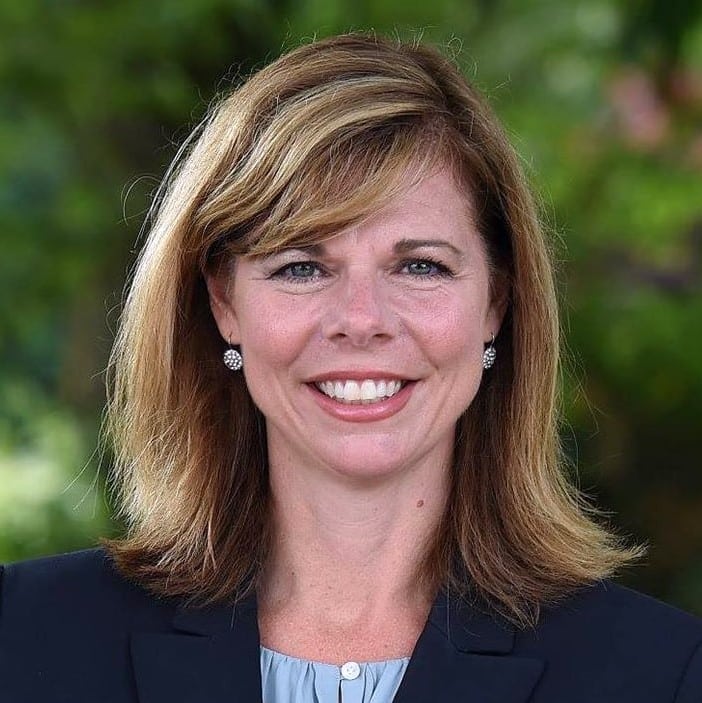
Assembly member Monica P. Wallace, who authored the bill and is sponsoring it in the Assembly, said that the CARE Act was designed to prevent leaders from shirking their responsibility to act when they encounter evidence of possible child abuse.
In 2019, New York state passed the Child Victims Act, which carved out a limited-time window allowing adult survivors of child abuse to bring civil lawsuits against their abusers. Months later, a Roman Catholic diocese in Buffalo, New York, filed for bankruptcy as it was inundated with hundreds of lawsuits.
Wallace said the lawsuits highlight the need for greater protections against child abuse, particularly in religious settings. But while the Child Victims Act was retroactive, she said, the CARE Act would be forward-looking.
“What this legislation seeks to do is to fill the void for future situations so something like that would never happen again,” said Wallace, who called the absence of clergy on New York’s list of mandatory reporters a “glaring omission.”
The bill was originally introduced in 2019 and then amended in 2020 to include an exception for any “confession or confidence” made to clergy in their “professional character as spiritual advisor.” The bill still clarifies that clergy who learn about potential abuse in any other context would be subject to the mandatory reporting requirements, even if they also learned about the abuse in a confessional setting.
The amended bill passed in the Assembly in 2020 by a huge margin, with 141 in favor and 0 against. The bill hasn’t yet been brought to a vote in the Senate, however.
“I don’t think there’s been outright opposition. It’s just more of, there hasn’t been a sort of groundswell of advocacy,” explained Wallace. “Once the Child Victims Act passed, the concerns that drove that issue died down a little bit. But from my perspective, it’s really important to move something like this through.”
On Monday, the CARE Act was reintroduced in both the New York state Senate and Assembly. Both houses committed the bill to the Committee on Children and Families. Wallace says the bill may have to be approved by other committees before it comes to the floor again, but she hopes the bill will be voted on before the session concludes this summer.
The Rev. Judith VanKennen, pastor of Emmanuel Congregational United Church of Christ in Massena, New York, told media she fully endorses the bill.
“I serve as a pastor in the United Church of Christ, and we have a robust process for processing claims of clergy sexual abuse and other misconduct. We hold it sacred, the responsibility of providing a place of safety and accountability.”
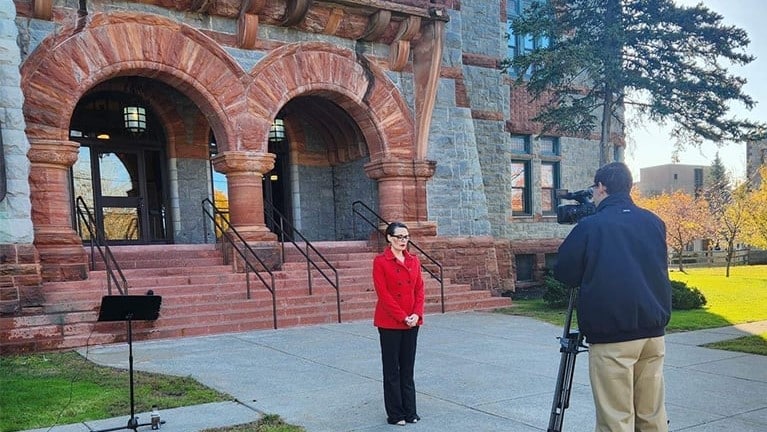
The Rev. James Galasinski, minister of the Unitarian Universalist Church of Canton, New York, was surprised when he learned clergy weren’t mandated reporters already. “I just assumed I was, and I didn’t check,” he said. “My ministry is run with that assumption.”
Galasinski said he sees the benefit of having clergy as mandated reporters, especially when churches lack other mechanisms of accountability. However, he expressed concerns that expanding the list of mandated reporters could have unintended consequences.
In October, an investigation by NBC News and ProPublica questioned whether mandatory reporting actually limits child abuse. It examined the impact of sweeping mandatory reporting laws passed in Pennsylvania in 2014 and found that the reforms led to an influx of unfounded reports that clogged child protection agencies.
“The vast expansion of the child protection dragnet ensnared tens of thousands of innocent parents, disproportionately affecting families of color living in poverty,” NBC News and ProPublica reported.
“You read about families being broken up, and the trauma of these investigations,” said Galasinski. “I think an average clergyperson who wants to do what’s right might overreport. … Then what happened in Pennsylvania could happen — the system is overflooded. What if the system can’t respond to the ones that are really important, that they should respond to?“
Wallace said she believes the CARE Act wouldn’t have the same impact as the Pennsylvania legislation, which increased penalties for failing to report and broadened the definition of abuse. Pennsylvania also expanded its list of mandated reporters in 2014, but clergy were already included.
“Obviously, we never want to change the law to exacerbate systemic racism that already exists. But I don’t think that this bill would do that,” said Wallace. “I’m just seeking to add clergy to a list that already exists.”
Nye noted that the Pennsylvania laws’ expanded definition of neglect can in some cases “be used to target families for their poverty rather than for actual child abuse.”
While CFCtoo doesn’t view the CARE Act as a cure-all, the group still sees it as necessary. Nye added that at the Christian Fellowship Center, which has a significant home-schooled population, many children don’t have regular contact with other forms of mandated reporters.
“I would rather see a state government devote resources to training mandated reporters than to abolish mandated reporting altogether,” said Nye. “We should not need a law like this. Clergy have a moral responsibility to do this anyway. And it’s their moral failure that even requires us to have a bill like this.”
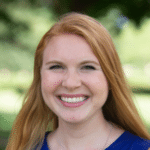 Kathryn Post is a writer living in Washington D.C. She is a graduate of Calvin College and an editorial assistant for Sojourners magazine.
Kathryn Post is a writer living in Washington D.C. She is a graduate of Calvin College and an editorial assistant for Sojourners magazine.




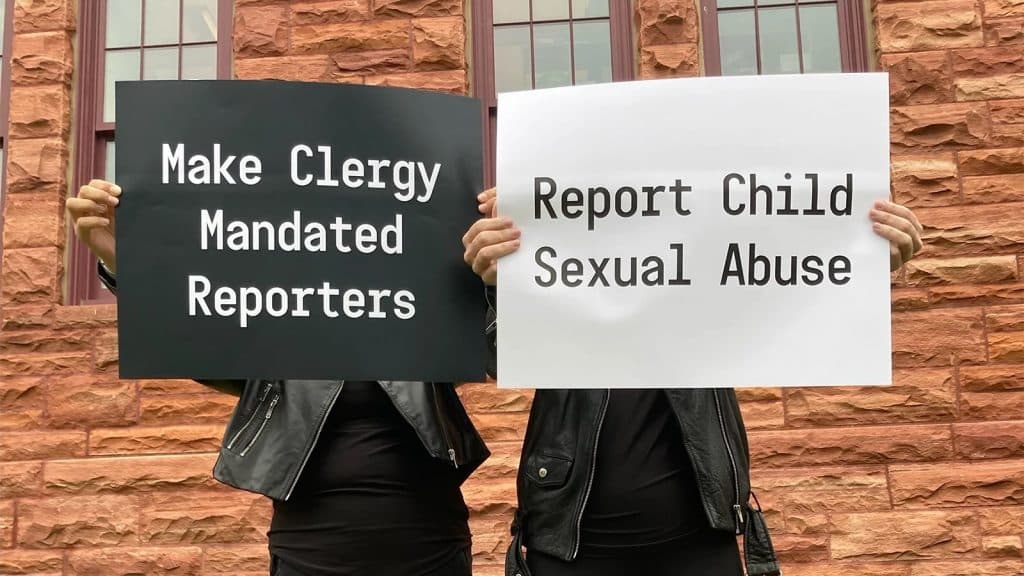
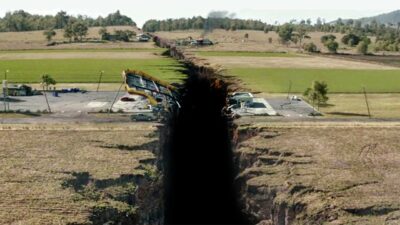
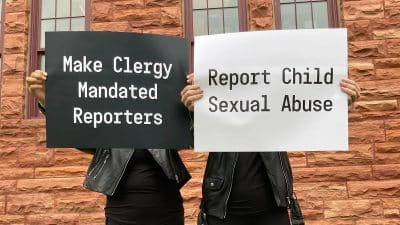
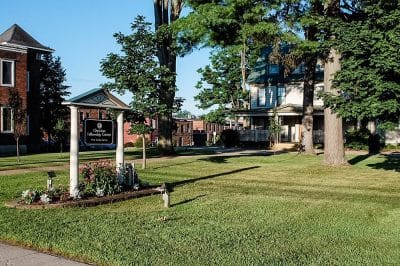


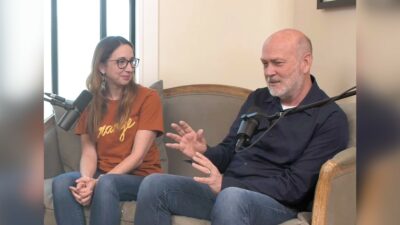

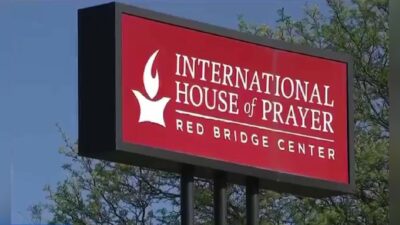







10 Responses
In light of what we have learned about the massive abuse among evangelical clergy, especially of the so called “fundamentalist” variety, this legislation is essential…with severe penalties for failure. People will think twice about engaging in and protecting abuse when they actually have to “pay the piper”….
If we are truly pro-life, we need to protect our kids!!
Go to this website for a chart that has what states require clergy to report in 2019.
https://www.childwelfare.gov/pubPDFs/clergymandated.pdf
I was full time clergy for 51 years. I have been involved in sorting out accusations of Abuse. My circle of Evangelical Pastors are smart and wise. Bringing about legal reporting was always the goal. Unintended consequences of reporting are large and in many cases harmful to families and victims. In cases of actual abuse there was always a report. My State does not have mandatory reporting. We worked with families and victims. For them, reporting was part of the healing process. We were not negligent. We walked them Thru the process of reporting. The Law to report is destructive. The issue needs lots of discussion. Be well this day.
Clergy are not qualified to investigate and determine whether a crime was committed or should be reported. In Illinois, California, and many other states, clergy must report any suspicion that there might be abuse. Then, authorities can determine whether the allegation is founded or not. The problem is that even in these states, the statute of limitations is too short and the law is rarely enforced.
When I was a public school teacher in California, I was required to report when I thought there might be/have been child abuse (including statutory rape). I had no obligation or right to investigate. I was to report within a day. I did that several times. If we ever sit down and talk, I’ll tell you about a couple of them.
It was the same thing when I was a teacher at a men’s prison. If I thought something might have been/was happening, I was to report it. That’s all I had to do. If I didn’t, I could get into real trouble.
The “unintended consequences” of all and any collective measures, always have to be a primary concern and a focus for ongoing research and journalistic reporting. Even where the aim and motivation is absolutely good on its face, this attention to “unintended consequences” should not be neglected.
I’m not convinced that this isn’t a stalking horse to co-opt the clergy into a Stasi-like role as informants for an overreaching, totalitarian state.
I served in full time ministry for 15± years in California, where clergy are absolutely mandated reporters. In my mind, ANYONE who works directly with kids and/or families should be legally required to report any apparent physical, sexual, or psychological abuse. I’m honestly not sure what argument one could make for NOT reporting potential abuse. I mean, even therapists are required to report and they have doctor/patient laws. I just don’t see how this isn’t already a federal mandate.
I’ll take it one step further. Forget legal mandates. As Christian leaders supposedly charged with protecting and guiding the flock, what Biblical justification could one possibly have for not reporting potential abuse within their congregation? If we love the people that God has put in our community, perhaps we should act like it and speak up for those who can’t. Even if the law doesn’t “require” you to do so.
There are some people who should not be exempt from mandatory reporting of child abuse just because they work for a church. Day care staff, bus drivers, secretarial and administrative staff who come to suspect abuse should be required to report it, regardless of whether they work for a church or a secular business. Going beyond those people and requiring clergy to disclose penitential communications might speed up the apprehension of a few miscreants ,but it’s unlikely to end there. It may take a while but eventually some ambitious or corrupt prosecutor will try expand the exception to other crimes, It might work or it might no, particularly when it comes to malicious prosecution of political enemiest Most denominations that I’m aware of have some version of the Catholic Church’s “seal of the confessional”, and once the implications of giving the state a window into penitential communications, a lot of them won’t give it up without a fight.
This is a tough issue for me. Iean the most of the mandatory reporting. However I do have reservations.
I would never want to see any person falsely accused of molesting a child. Especially someone who really Isa good person and really lo Especially the Lord. Because of the horrors they can expect in prison.
On the other hand I definitely hate seeing cover-ups for child molesters in church. I am aware it happens. And it is a great shame when it does.
And it has caused much shame and harm.
Thank you for this article.